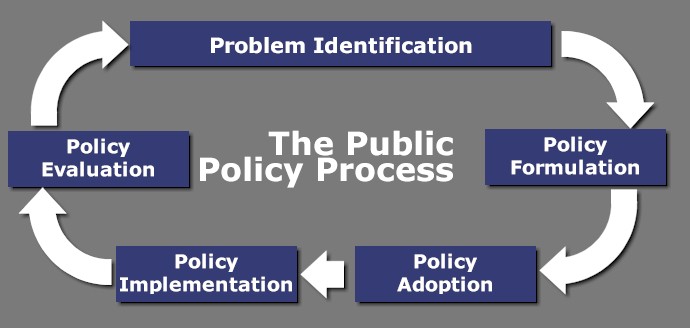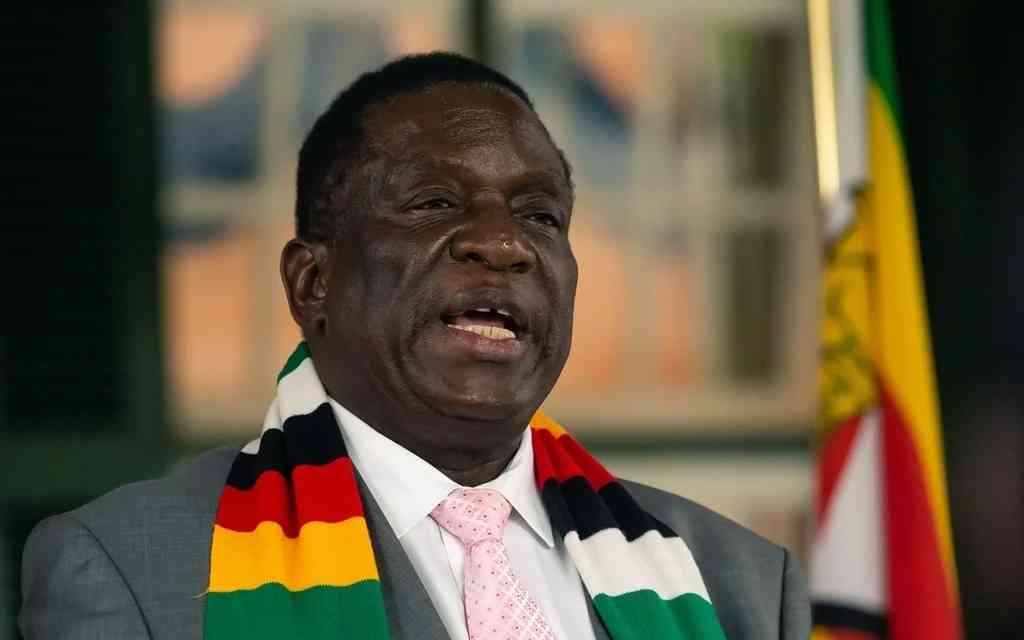
Respect Gwenzi Financial ANALYST This week saw the ZSE suspend the implementation of Statutory Instrument (SI) 103A of 2022 barely seven days after it was gazetted. The SI in question pertains to the trading of shares by investors on the Zimbabwe Stock Exchange (ZSE), Zimbabwe’s main stock exchange.
The SI introduced tighter measures that include trust account dealings disclosure to the RBZ’s Financial Intelligence Unit (FIU) by the stockbroker and limited stockbroker control on clients’ accounts.
The most impactful element of the SI pertained to the increase in capital gains tax on shares sold within three months of purchase to 4% from about 1,5%. The capital gains tax on shares sold after 90 days was held constant at 1,5%. The introduction of the 4% tax implied that the total cost of buying and selling securities within 270 days increased to 7,13% from about 4%.
The SI pertaining to the trading of securities on the ZSE came in following the announcement of a raft of measures, first announced by President Emmerson Mnangagwa, designed to deal with a currency run and a general economic instability.
These wholesale measures were largely targeted at stopping the currency’s free-fall and repositioning the economy.
From the measures announced, it was clear that government believed that the underlying factors driving the economy were in good shape. Mnangagwa began his address by highlighting that fundamentals were in shape and that the country was sitting on increased forex balances as measured by the deposits sitting in Foreign Currency Accounts. It highlighted that inflows from exports and remittances continued to grow and that it had been largely running on a budgetary surplus.
Government believed that the plunge in the local currency, which had moved on the informal market from about ZW$250 to the US dollar to ZW$350 within weeks, was a culmination of rent-seeking, speculation and economic sabotage.
Government blamed all but itself for the currency weakness. It believed the public was speculating hence borrowing and piling the same on the stock market, eventually selling off and demanding US dollars, while paying off loans.
- Chamisa under fire over US$120K donation
- Mavhunga puts DeMbare into Chibuku quarterfinals
- Pension funds bet on Cabora Bassa oilfields
- Councils defy govt fire tender directive
Keep Reading
It also saw companies as culprits to the manipulation of the exchange rate through speculative borrowings and ramp up of stocks to levels higher than normal. There was little acknowledgement on government’s part, of the impact of money supply growth and the growing Treasury Bills issuance and emerging budgetary imbalance.
Government retained its view that money supply was in check and that the auction market was the best channel for allocation of hard currency. It, however, admitted that the market was coming short of achieving price discovery, a factor which would lead to higher premiums between the auction and the parallel market.
What this piece particularly seeks to address is government reactions through policy, which is done with little research and a lack of indulgence to economic rationality. This has become very much a common spectre in government’s affairs under the current administration and interestingly, this was equally the past administration’s undoing.
Zimbabwe is now ranked as the least predictable operating environment in the world. The degree of predictability diminishes with the recurring policy goalpost shifting. In the instance of the latest measures highlighted above, the government introduced these measures and barely seven days after part of the measures are put into law, the law itself is suspended. What is even scarier in the case of the securities SI highlighted above is that the new law is not being scrapped, but suspended. This in itself heightens unpredictability.
So far, the ZSE has highlighted that the Ministry of Finance noted errors in the legislation which it seeks to correct first before reinforcement. Assuming that these errors were indeed noted, it would also follow that the set of measures were not well considered, therefore resulting in the errors that are emerging now.
However, another possibility is that the Ministry of Finance, having sobered up, now sees the gravity of the damage the measure will do to the securities market. Overall, the general cost of securities trading will widen its gap to the rest of the region. The cost of securities trading had generally been higher for Zimbabwe compared to the region.
Portfolio investors preferring Zimbabwe as a destination will have to make much more than those in the region to enjoy the same return from their investment. The higher cost is a deterrent to portfolio investment, which has generally been declining over the past seven years. Foreign investors have been seeking to exit Zimbabwe (ZSE) more than they have been willing to enter.
Foreign inflows now account for only 7% of total trades on the ZSE, down from about 60% in 2014. Foreigners have been net sellers for at least four consecutive years up to 2021. While the biggest driver of the movement has been foreign currency challenges, it is the lack of policy predictability, which has been the catalyst.
Over the last 15 years, the ZSE has completely suspended the entire market trading twice, a feat not seen anywhere else in the region. The ZSE banned fungibility and chucked out stocks such Old Mutual and PPC. It prior to that, introduced vesting periods for fungible counters among other drastic measures, which heightened uncertainty.
The decline in foreign portfolio inflows is similarly reflected in the decline in foreign direct investment (FDI), which is showing a sustained decline and underwhelming performance compared to the region.
All this, in our view, is largely a reflection of the state of fundamentals. If an economy has sufficient economic arsenal to defend its currency, it requires little resort to tighter measures such as capital control. When fundamentals are right, speculators are burnt, because the currency they will be shorting proves to be in short/equivalent supply to the forex, resulting in losses.
Speculators are abetted by the underlying situation which keeps pointing towards forex short supply. These mechanics will not be aided by rhetoric on FCAs or capital controls on a sustainable basis. In the process of tinkering on the periphery, there is a real risk of abetting uncertainty as policy is rushed and wrongly crafted resulting in omissions and commissions, which makes Zimbabwe, not open for business.
Gwenzi is a financial analyst and MD of Equity Axis, a financial media firm offering business intelligence, economic and equity research. — [email protected]











